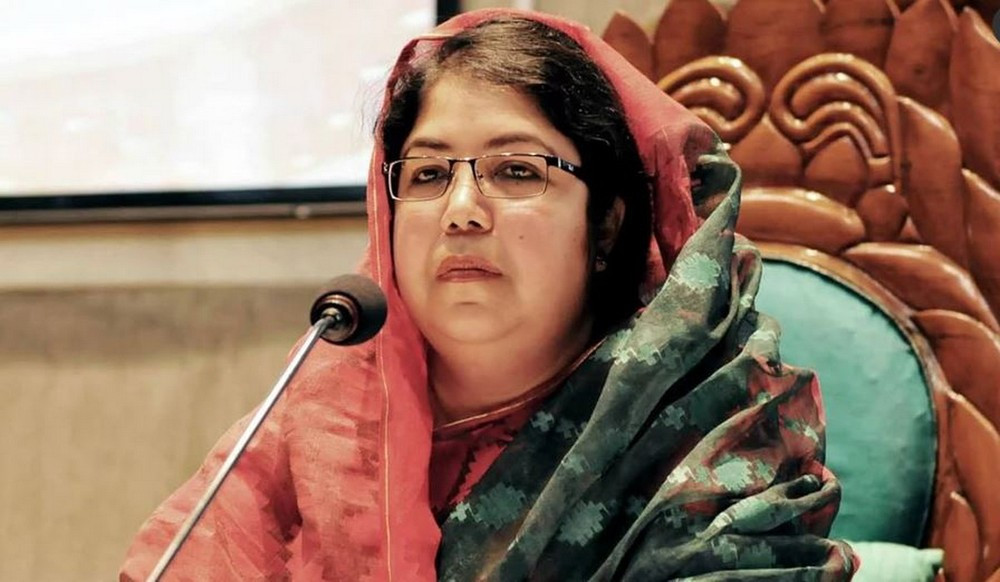Ms Chaudhury's resignation comes amid allegations that she was involved in the death of a worker during anti-government protests.

On September 2, Speaker of the Bangladesh Parliament, Ms. Shirin Sharmin Chaudhury, submitted her resignation to President Mohammad Shahabuddin, nearly 4 weeks after the leader dissolved Parliament and former Prime Minister Sheikh Hasina fled the country.
Some sources said Ms Chaudhury's decision to resign came amid allegations that the politician was involved in the death of a worker during anti-government protests.
This is one of several cases against former Bangladesh Cabinet ministers and Awami League (AL) leaders. Deputy Speaker of the National Assembly Shamsul Haque Tuku is currently in custody and facing similar charges.
Several AL leaders are also in custody on corruption charges and other criminal charges, including murder, after the interim government of Muhammad Yunus took power.
On the same day, a court in Dhaka ordered eight ministers and eight lawmakers of the former government to leave Bangladesh following petitions filed by the Bangladesh Anti-Corruption Commission (ACC).
Ms Chaudhury's resignation has raised concerns about the country's constitutional vacuum. The Bangladesh Constitution stipulates that the Speaker of Parliament will perform the duties of the President if the office becomes vacant or if the President resigns.
However, leading legal expert Shahdhin Malik said political unrest arose after Ms Chaudhury resigned and the Deputy Speaker of the Bangladesh Parliament was also arrested.
Ms Chaudhury, a lawyer, became the Speaker of the Bangladesh Parliament on April 30, 2013, and has held the position continuously since then. She was re-elected in 2014, 2018 and 2024 as the AL candidate during the nearly 16-year rule of former Prime Minister Sheikh Hasina.
TB (according to VNA)